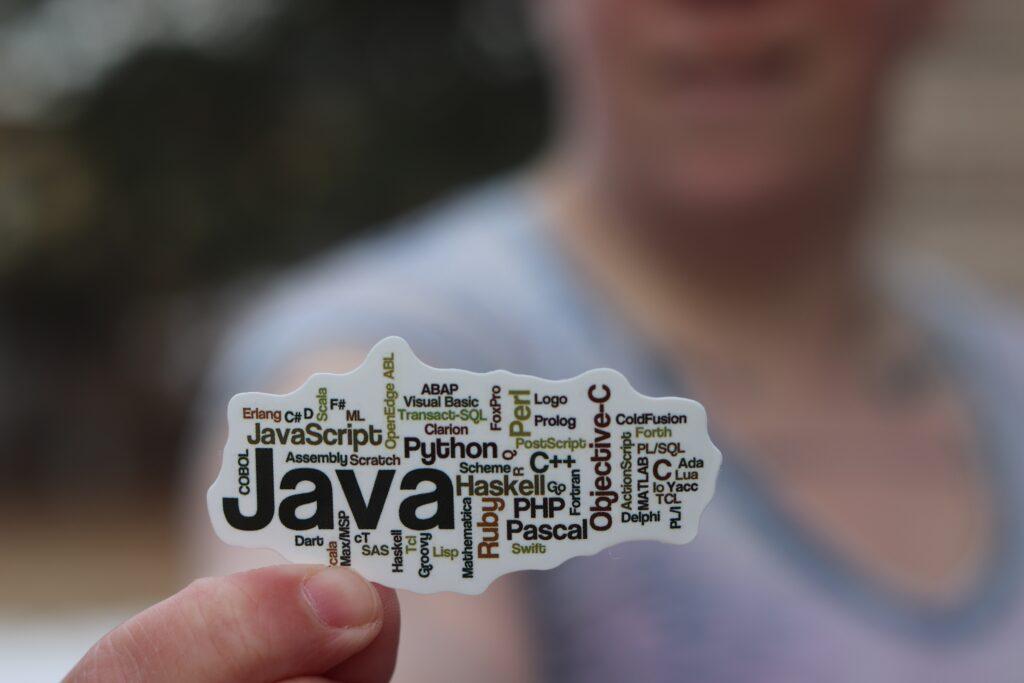Java, a versatile and widely used programming language, has been a pillar of the software development industry for decades. Its flexibility, portability, and robustness have made it the go-to choice for building a wide range of applications, from web and mobile apps to enterprise solutions. In this article, we will explore the core concepts and techniques that every aspiring Java developer should master. Whether you are looking to hire Java developers or hire software developers in general, understanding these fundamentals will be crucial to building efficient and reliable applications.
Java Basics
Let’s start at the very beginning – understanding the basic building blocks of Java. Java is an object-oriented programming (OOP) language, which means everything revolves around objects. Developers work with classes, objects, and methods. A class is a blueprint or a template for creating objects, while an object is an instance of a class. Methods are functions defined within a class that perform specific tasks.
Variables and Data Types
In Java, variables are used to store data, and each variable has a data type associated with it. Java supports several primitive data types, such as int, double, boolean, char, etc., which store simple values like numbers or characters. Additionally, Java also supports reference data types, which include objects, arrays, and strings.
Control Flow and Decision Making
To control the flow of execution in Java, developers use control structures such as if-else statements, switch-case statements, loops (for, while, do-while), and more. These structures allow developers to make decisions and iterate through collections of data efficiently.
Object-Oriented Programming (OOP) Concepts
OOP is one of Java’s key strengths, and understanding its core concepts is essential. The four main principles of OOP are:
a. Encapsulation: This refers to the bundling of data and methods that operate on that data within a single unit (i.e., a class). It helps in hiding the internal details of the object and only exposing the necessary functionalities.
b. Inheritance: Inheritance enables the creation of a new class (the child class) based on an existing class (the parent class). This mechanism promotes code reusability and hierarchical organization of classes.
c. Polymorphism: Polymorphism allows objects of different classes to be treated as objects of a common superclass. This promotes flexibility and simplifies code maintenance.
d. Abstraction: Abstraction involves defining the essential features of an object and ignoring the non-essential details. It allows developers to create generalized classes that can be extended for specific implementations.
Exception Handling
Java provides a robust exception handling mechanism to manage runtime errors gracefully. By using try-catch blocks, developers can catch and handle exceptions, preventing the program from terminating abruptly.
Java Collections Framework
The Java Collections Framework offers a set of classes and interfaces that provide implementations of common data structures, such as lists, sets, queues, and maps. Understanding collections is essential for efficient data management and manipulation.
File I/O (Input/Output)
Reading and writing data to files is a crucial aspect of many applications. Java provides several classes for file I/O operations, allowing developers to interact with files and directories seamlessly.
Multithreading
Multithreading allows developers to execute multiple threads simultaneously, enabling efficient use of system resources and concurrent processing. However, it also introduces challenges like synchronization and thread safety.
Networking
Java offers robust networking capabilities, making it well-suited for developing applications that require communication over the network. Developers can create client-server applications and implement protocols like HTTP, TCP/IP, and UDP.
Java Frameworks and Libraries
To expedite development and ensure code quality, Java developers often rely on various frameworks and libraries. Some popular ones include Spring Framework (for web applications), Hibernate (for database interaction), and Apache Commons (for utility classes).
Conclusion
Java development fundamentals form the bedrock of a successful programming career. From grasping the basics of Java syntax to mastering object-oriented principles and leveraging frameworks, developers equipped with these core concepts can build efficient and reliable applications.
Whether you’re planning to hire Software developers or Java developers in general, assessing their understanding of these fundamentals will help you find skilled and capable candidates. As Java continues to evolve, a strong foundation in these core concepts will enable developers to adapt to new technologies and meet the challenges of the ever-changing software development landscape.


